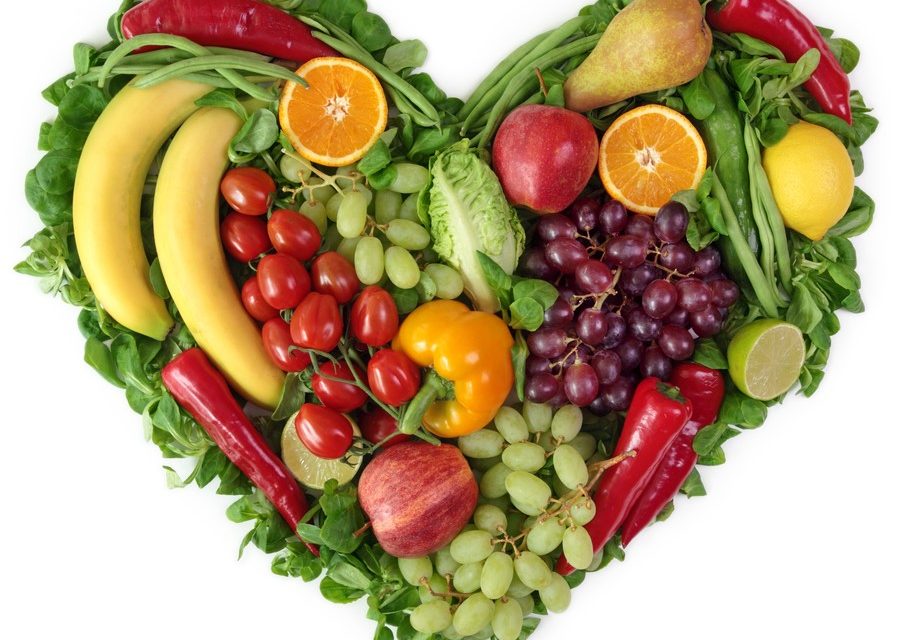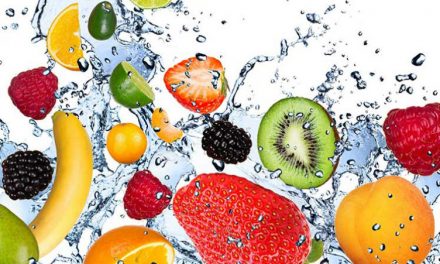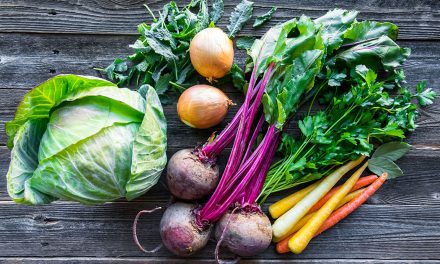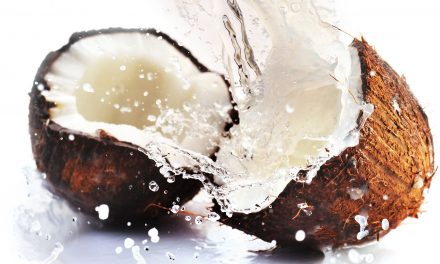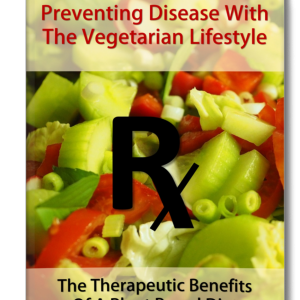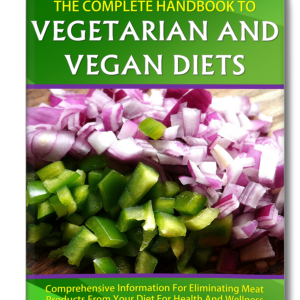It is a well-known fact that plant foods are the most nutritious for the human body. Nature did its job by providing us with fortifying natural foods that when eaten in their whole and natural states provide us with energy, good health and the ability to prevent chronic disease. Now if we can just stay away from the drive-thru and put down the Twinkies we may all live to be a hundred years old.
Vegetarians follow a plant-based diet that eliminates meat, poultry, fish and sometimes dairy. Vegans follow a stricter plan that only allows for the intake of plant foods and absolutely no animal products or foods that are made from animals, such as butter. Many studies have been done into the connection between these types of diets and cancer prevention.
Is it possible to lessen your risk of cancer through diet alone and do vegans do just that?
More and more research has shown in recent decades that eliminating animal products, can reduce your risk of getting many kinds of cancers.
Vegan diets tend to be high in fiber, which is an independent factor in preventing cancer, particularly cancers of the digestive tract. Research done in the early 1970’s found that in those parts of the world where fiber intake is the highest, the incidence of colon cancer was the lowest (and vice versa). Areas like the US, where meat intake and therefore fiber intake is the lowest have the greatest number of people affected by colon cancer.
Fiber cannot be digested by the GI tract and it helps food move more quickly throughout the small and large intestines, carrying dangerous carcinogens from the diet past the GI tract and out of your body. Water is drawn into the colon by the fiber so that the dilution of carcinogen is greater.
Fiber is also believed to bind to bile acids from the gall bladder. Bile acids are changed into carcinogens by bacteria in the gut and if they are bound by fiber, they can’t become dangerous. Fiber is also fermented in the colon. This makes the GI tract more acidic, rendering bile acids less dangerous. Even breast cancer and stomach cancer are believed to be prevented by fiber, partly because of its effect on reducing carcinogens. In addition, fiber lessens the amount of estrogens circulating in the body. Unopposed estrogen is a known risk factor in getting breast cancer.
The best way to get fiber is to eat a vegetarian diet that contains whole fruits, vegetables, peas, lentils, beans and whole grains. Try to take in at least 30-40 grams of fiber each day.
Vegetarian Diets and Fat
High fat consumption has been associated with colon cancer and breast cancer. The best way to lower your dietary intake of fat is to eat a vegetarian diet, which is naturally low in fat. Research has found that those countries with the lowest fat intake have lower rates of both breast and colon cancer. Cutting down on dietary fat can help you survive breast cancer, even after you have been diagnosed with the disease.
While vegetables can yield fats in things like vegetable oils, the fat derived from animals is considered more dangerous. A vegetarian diet eliminates those animal fats, lowering your risk of cancer. Fat in the body from animal fat promotes the increase in hormone content, such as estrogens. As mentioned before, estrogen promotes breast cancer. Fat increases the amount of bile acids secreted by the gall bladder and this can cause colon cancer. To be safe, keep your dietary fat content to less than 15% fat.
Following a Vegan Diet Can Help In Other Ways
- Vegetables contain many cancer-fighting molecules such as beta-carotene, found in yellow and dark green vegetables. Beta-carotene can prevent many types of cancer, including lung cancer, bladder cancer, oral and laryngeal cancer.
- Other chemicals in vegetables include flavones and indoles, which are also found to be cancer fighting.
- Antioxidants of all types are found in fruits and vegetables and have significant impact on the formation of cancer.
- Vegetarians have been found to have better immune systems than non-vegetarians do. Natural killer cell activity is important in scavenging for cancerous and precancerous cells. This activity is found to a greater degree in vegetarians.
- Overall, the cancer-fighting capacity is 7x greater in Vegans for a number of reasons and it is a good option for people wanting to stay away from cancerous conditions.
Great Video by Dr Michael Greger

